Meet Switzerland’s top trade negotiator
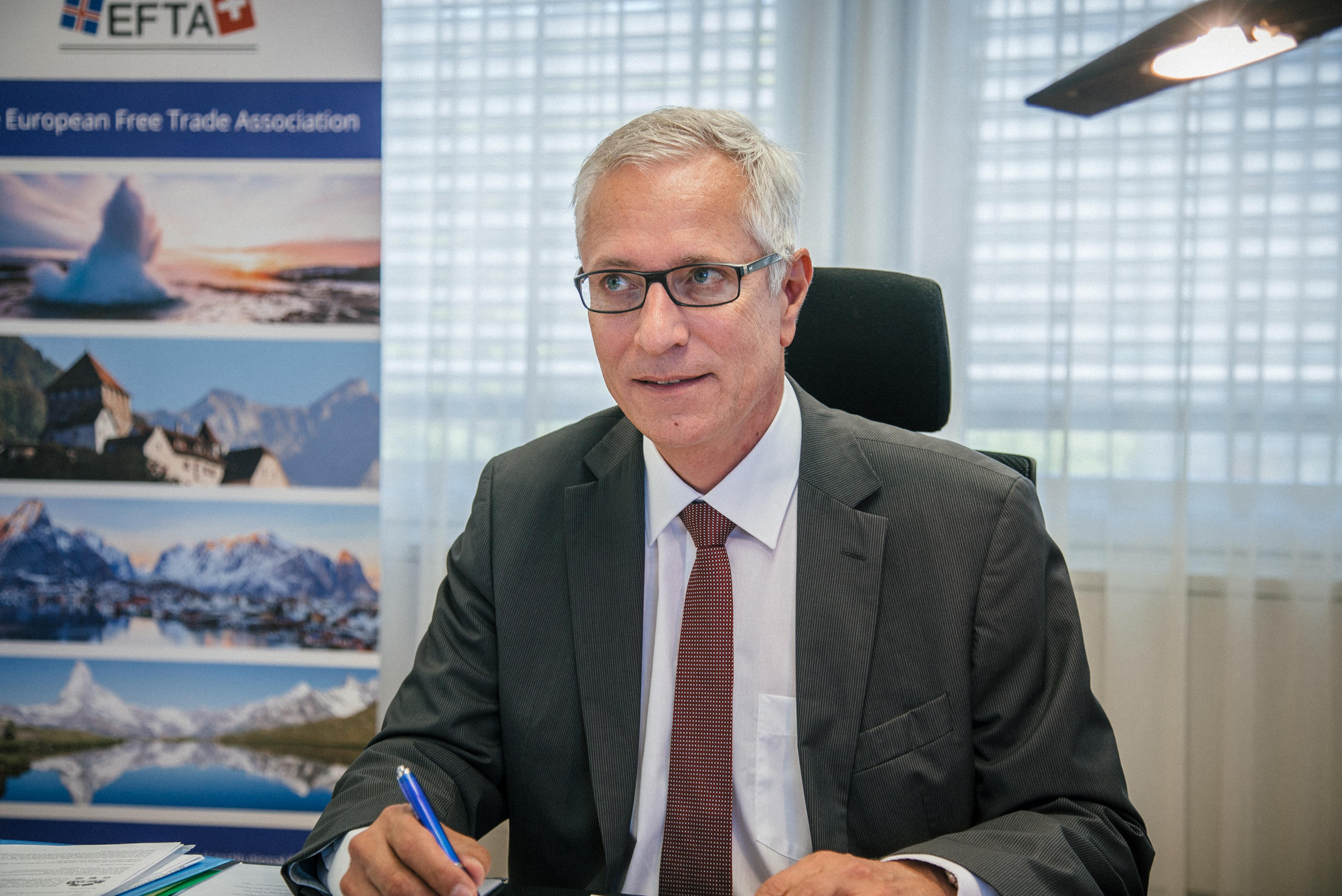
What’s it like to be a top trade negotiator in the age of Donald Trump and Brexit? Does it help to be a discreet, Swiss, career diplomat? We went to meet Henri Gétaz, Switzerland’s “Mr. Europe” who became Secretary General of the European Free Trade Association (EFTA) on September 1 this year.
Gétaz, 54, rises from his desk to greet us as we enter his large, flower-filled office in Geneva. He is besuited and polite, weighing his words carefully like the diplomat that he is. But he has a warm smile, and apparently a wry sense of humour. Asked, for example, how he would describe what he does, he recalls that “a former Swiss secretary of state called himself a diplocrat. That’s probably what we are – technocrats of diplomacy!”
This is the man who, at the Swiss embassy in Washington, helped negotiate a deal between UBS bank and the US tax authorities, then went on to be director of European Affairs at the Swiss foreign ministry. He stayed in that post for eight years, notably leading key negotiations with the European Union.
Gétaz says he is “looking forward to this new opportunity and challenge” at EFTAExternal link.
Although still “settling down”, he told us he did not expect this to take long, for he is no stranger here. In fact, he tells us, he first came to EFTA as an intern at the age of 26.
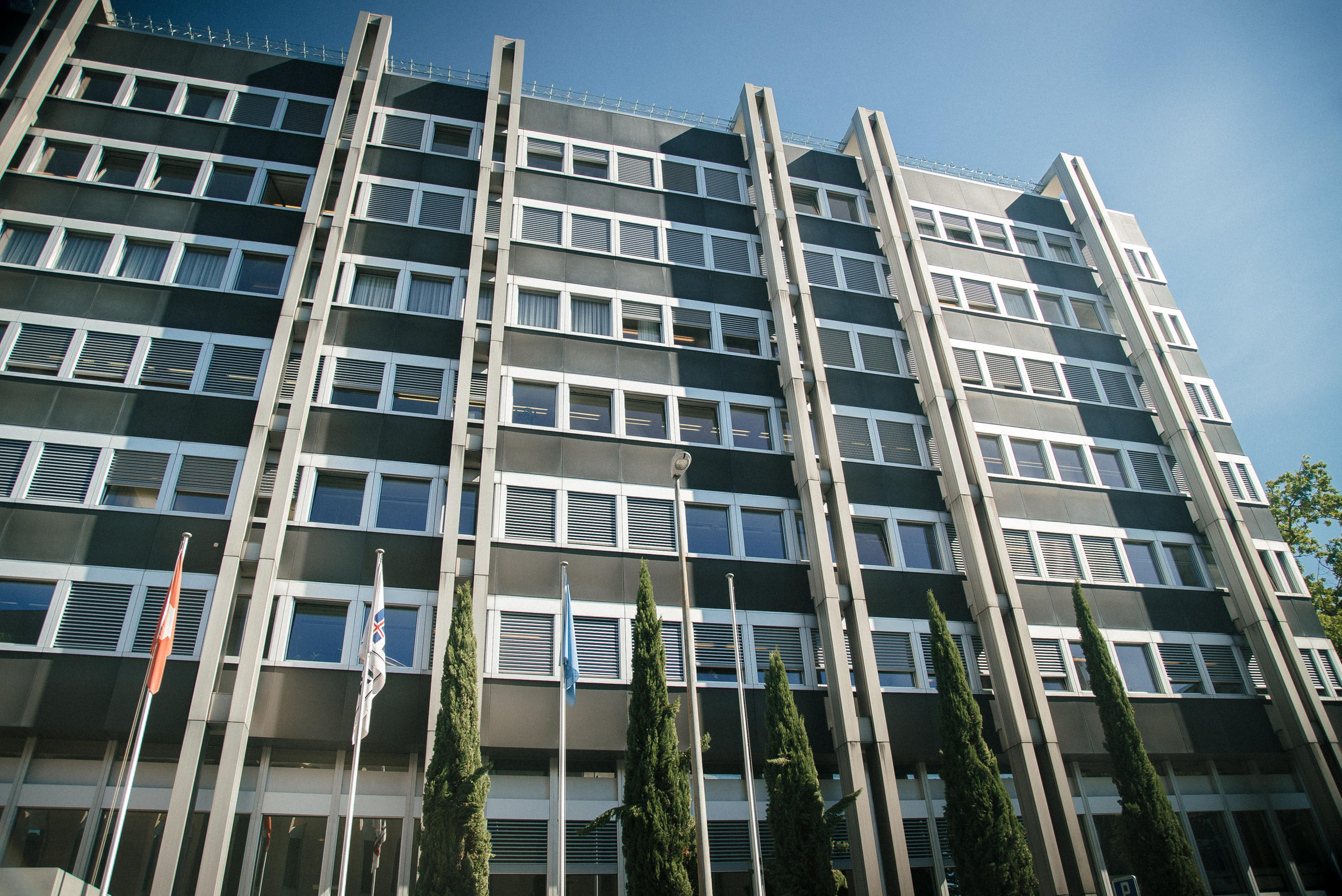
More
Henri Gétaz and his first experience of EFTA
The European Free Trade Association was founded in 1960 as an alternative trade bloc to the European Economic Community, which later became the European Union. There were seven founder members of EFTA, including the United Kingdom, but five subsequently left to join the EU. So now it consists of only four small countries: Iceland, Norway, Liechtenstein and Switzerland. So is EFTA still relevant in today’s world?
“We are the ninth largest trading bloc worldwide when it comes to goods, the fifth when it comes to services. So we are a sizeable partner for others and I think that’s one of the reasons why EFTA has been successful in the past decades in enlarging its network of free trade agreements around the world,” Gétaz responds. “So yes, EFTA is very relevant for its members and relevant for others as well.”
Three of the four EFTA members are signatories to the European Economic Area Agreement, which governs relations with the EU. Switzerland is not, because of a landmark popular vote in 1992, but has its own bilateral agreements with the EU.
Before moving to EFTA, Gétaz led Switzerland’s delicate negotiations with the EU for a framework agreement to replace all the bilateral accords. So what’s it like to negotiate with the EU?

More
Henri Gétaz on negotiating
Asked if he thinks Switzerland and the EU will reach a framework deal by the end of this year as they hope, Gétaz says he believes “there is a will on both sides to get to a result at some point” but “I don’t know when that is going to be”.
Coming back to his present post, he says that “the European Free Trade Association, as its name suggests, stands first and foremost for values in international trade relations” such as rule of law and the principle of free markets. But isn’t free trade under threat, for example with US President Donald Trump’s trade tariffs and Britain pulling out of the European Union?
“The present times are probably challenging for these kind of values,” Gétaz replies, “but they underline how important and relevant these values are. They make our work and the work of the EFTA countries even more important.”
A “culture of dialogue”
He also stresses the need to talk to “governments and partners” to prevent being faced with unpleasant surprises. “We have an ongoing dialogue with the US,” Gétaz tells us. “I think dialogue is also part of our culture.”
As for Brexit, he says “the UK has voted to leave the European Union so they are now faced with the necessity to make that happen, and that needs to be dealt with on its own merits”. He thinks it unlikely that the UK would want to re-join EFTA after Brexit, but says if it did, the application would be considered. In any case, he says trade links between EFTA and the UK are important, so “for us it will be important to ensure proper relations with the UK once they have left the EU” and contacts have been under way for “many months” to try to ensure that.
Asked about the most difficult thing he has had to do in his career, Gétaz says it has mostly been a pleasure, because he likes a challenge:
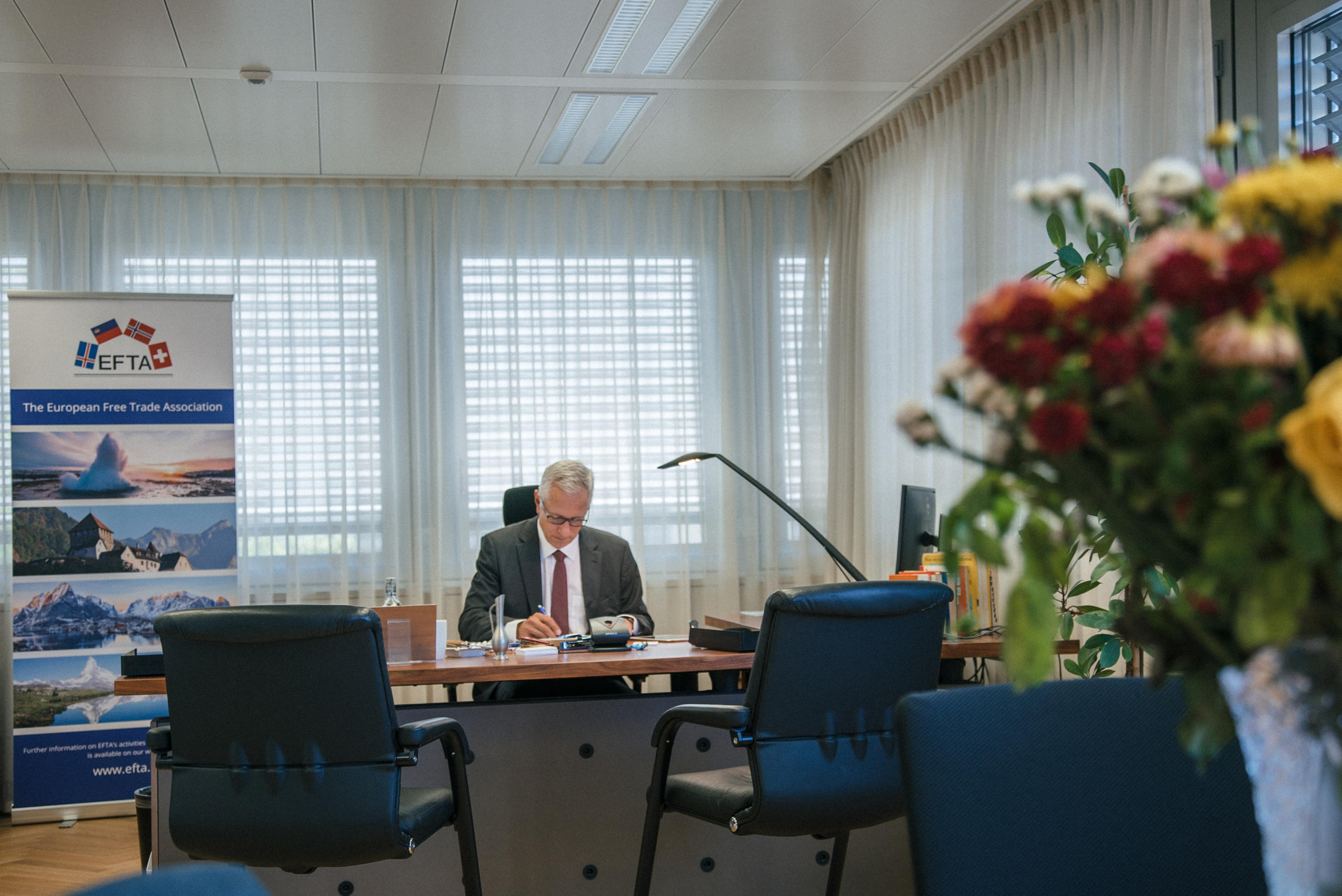
More
Henri Gétaz on challenges
Nevertheless, he says, it is important to make time for leisure and family, even if his two daughters of 17 and 20 “are moving towards their own lives”.
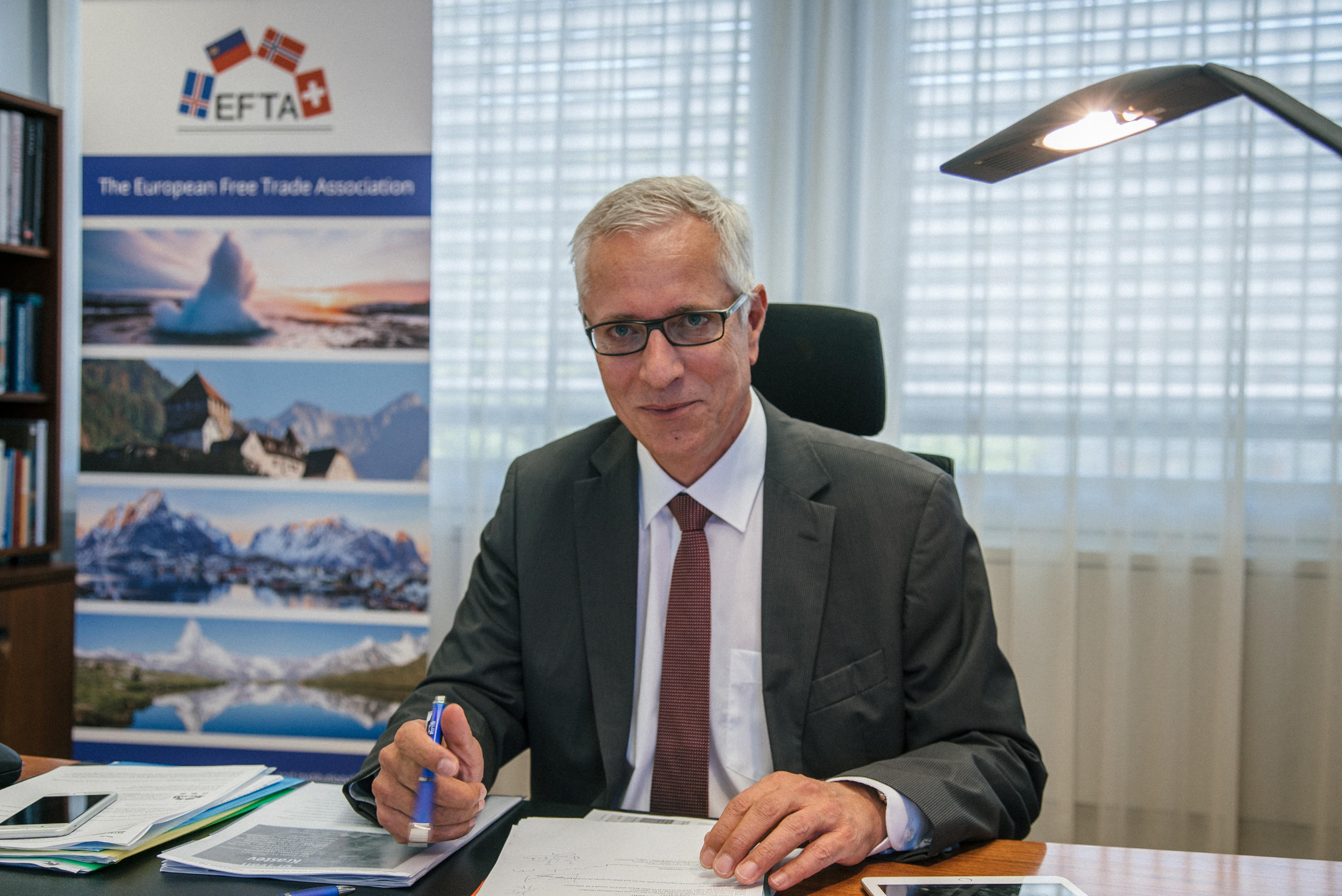
More
Henri Gétaz on his leisure time
So even if times ahead are challenging, it seems the new Secretary General of EFTA knows how to deal with stormy seas.

In compliance with the JTI standards
More: SWI swissinfo.ch certified by the Journalism Trust Initiative
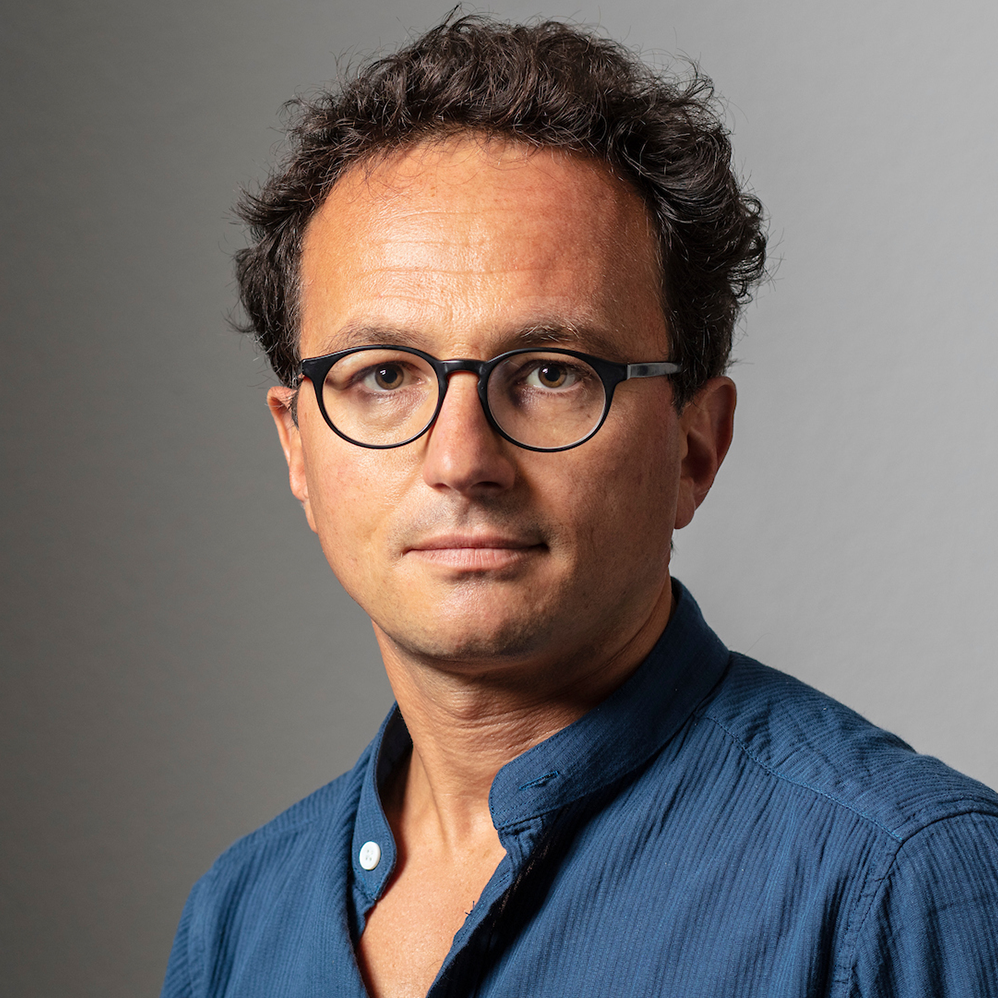










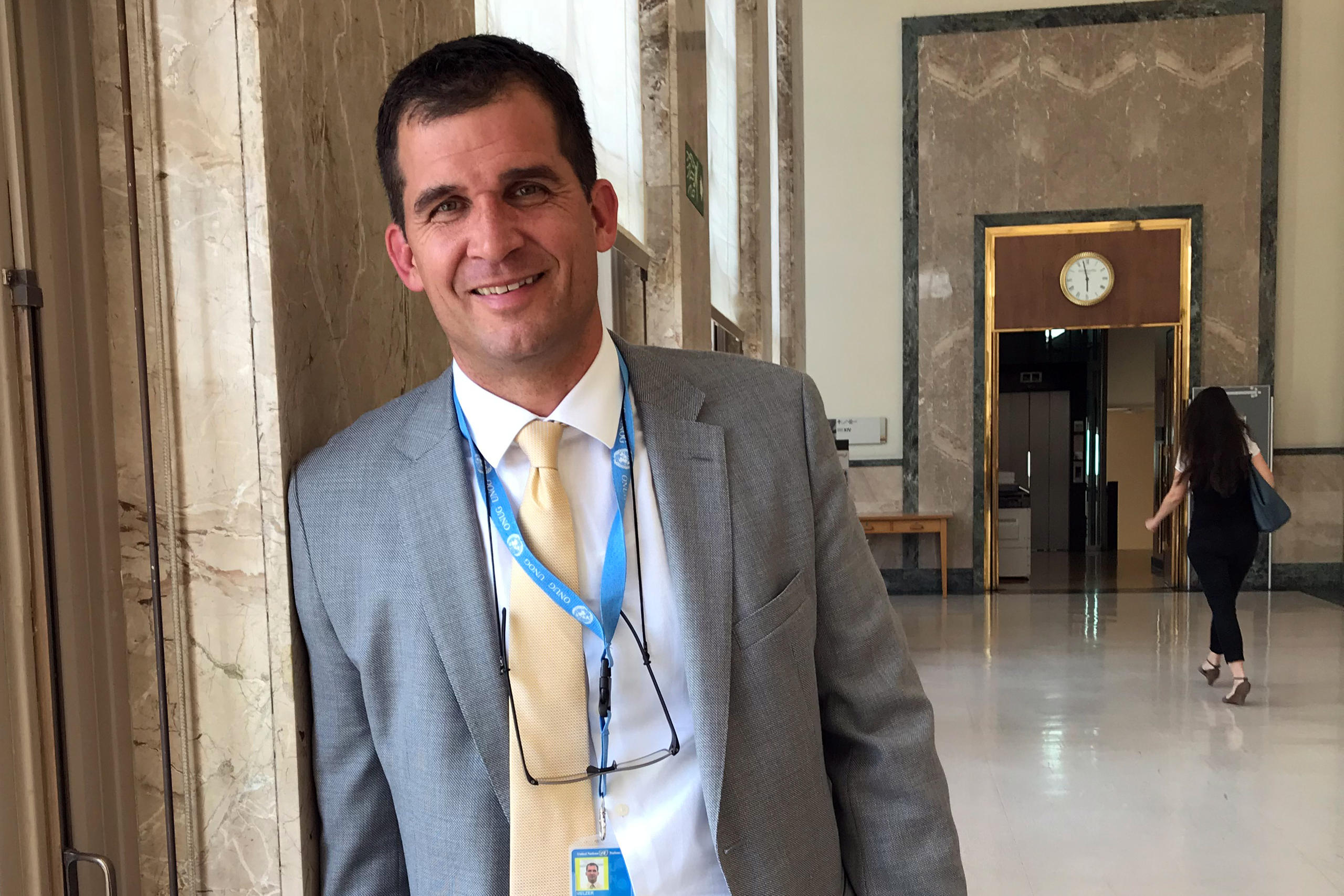
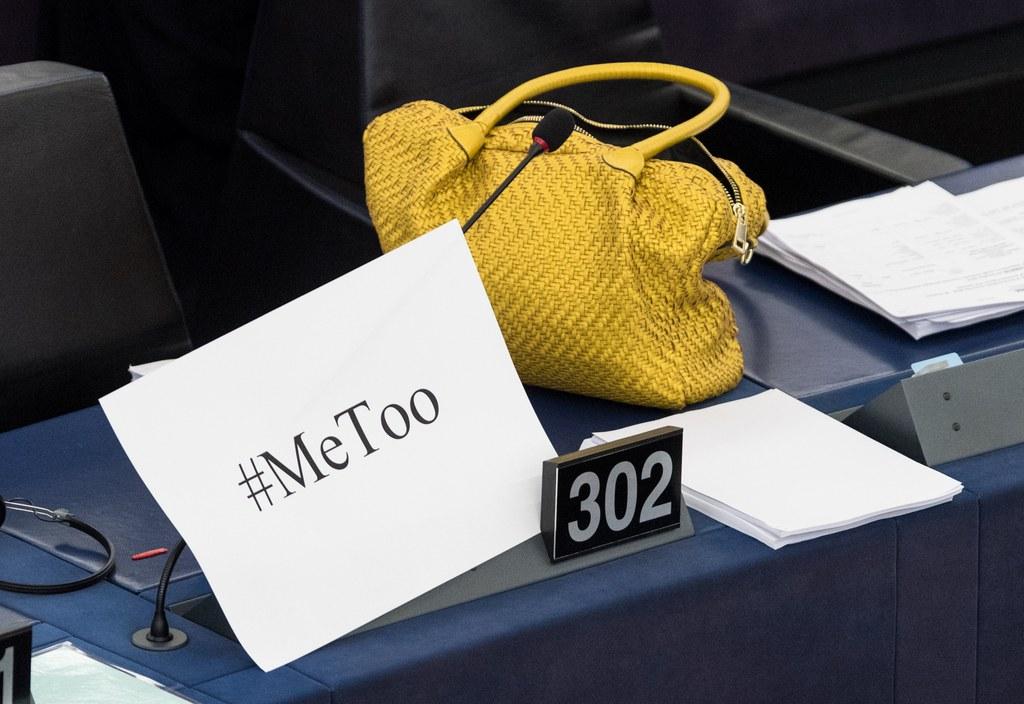

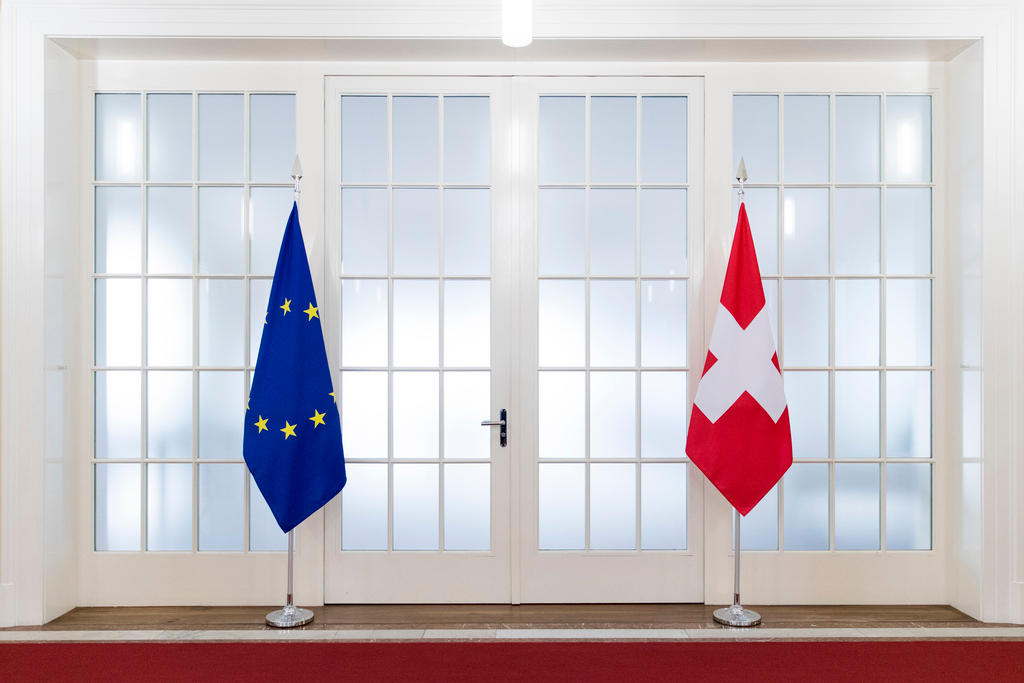
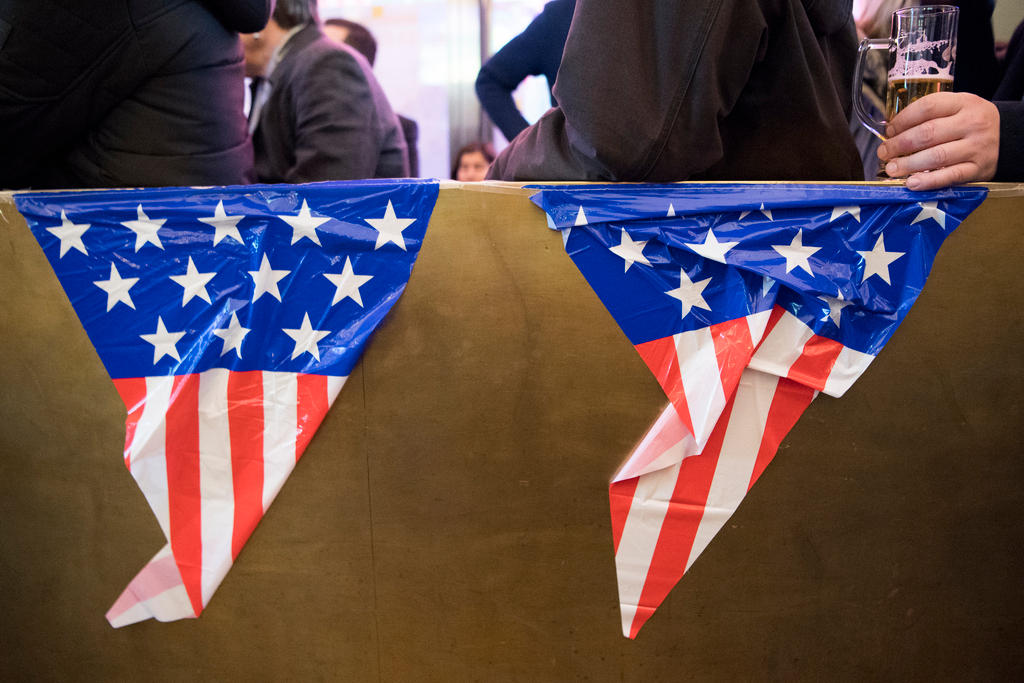
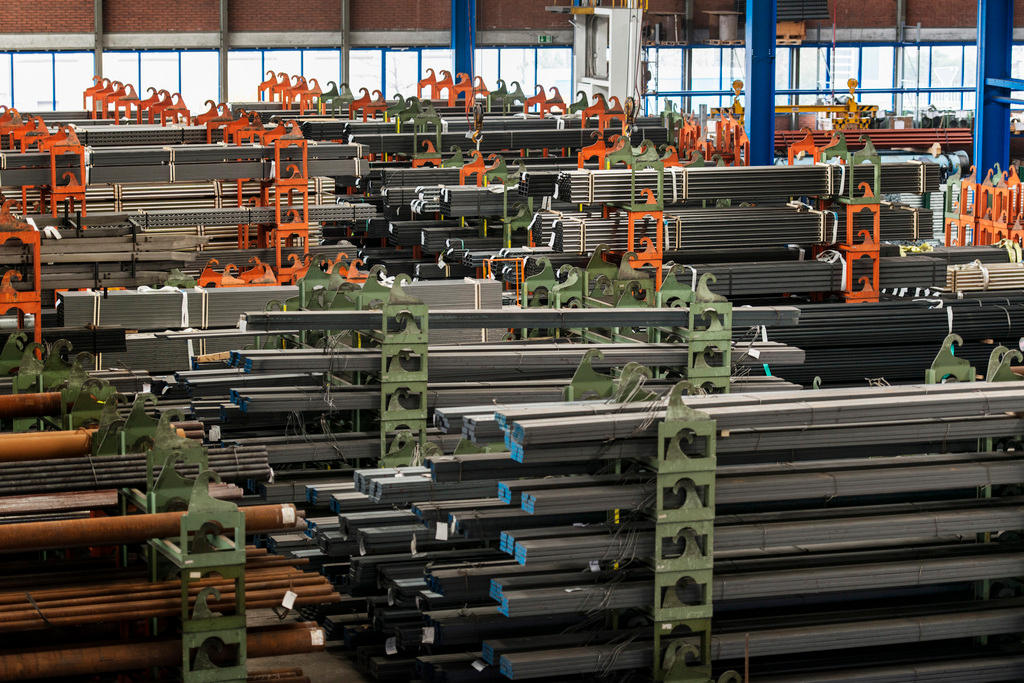
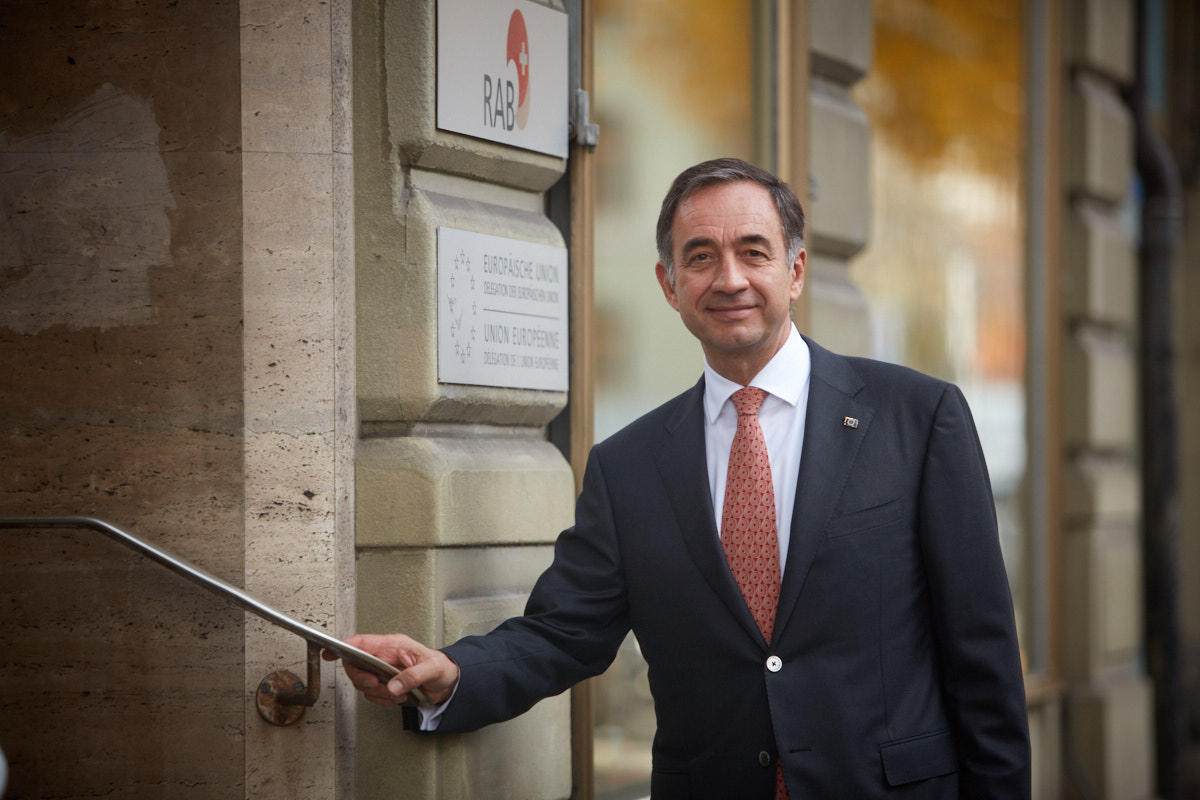


You can find an overview of ongoing debates with our journalists here . Please join us!
If you want to start a conversation about a topic raised in this article or want to report factual errors, email us at english@swissinfo.ch.